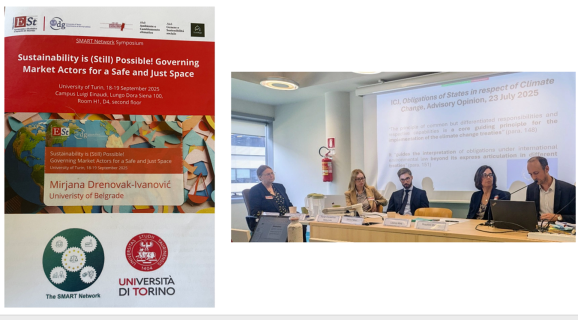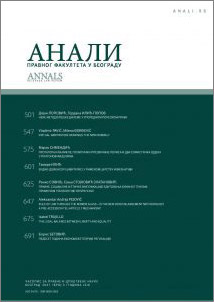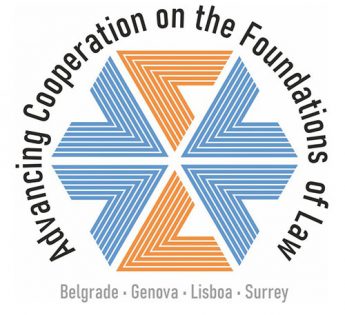
Prof. Mirjana Drenovak-Ivanović at the Symposium “Sustainability is (Still) Possible!” in Turin
Turin, 19 September 2025 – Prof. Dr. Mirjana Drenovak-Ivanović, Jean Monnet Chair in European Environmental and Climate Change Law, participated in the international symposium “Sustainability is (Still) Possible! Governing Market Actors for a Safe and Just Space”, held on 18–19 September 2025 at the University of Turin, organized by the international SMART Network (Sustainable Market Actors for Responsible Trade), led by the University of Oslo.
Prof. Drenovak-Ivanović contributed to the panel “Re-imagine the economy within planetary boundaries” (Chair: Prof. Lorenza Mola) with the presentation “From Compliance to Transformation: How EU Sustainability Legislation Shapes Legal Reforms in Candidate Countries for EU Membership.” The presentation examined how the European Union’s evolving sustainability acquis – from the European Green Deal to new instruments such as the CSDDD, CSRD, Ecodesign Regulation, Right to Repair Directive, and the EU Deforestation Regulation – is shaping legal and institutional reforms in Serbia and the Western Balkans.
It was underlined how the EU accession process influences reforms and the expectations placed on governments, business, and civil society, as well as the role of soft law instruments, the case law of the European Court of Human Rights, and voluntary ESG standards in the transitional period until the full implementation of binding EU rules.
More than mere regulatory alignment, the discussion at the symposium confronted the deeper challenge of governance transformation: how to turn compliance obligations into engines of systemic change. Prof. Drenovak-Ivanović emphasized the tensions and trade-offs that candidate states face, especially in balancing EU-imposed conditionalities with domestic political, economic, and societal constraints.
The symposium served as a meeting point between theory and practice: it brought together representatives of academia, legal experts, and practitioners from various fields to exchange experiences and discuss future mechanisms for governing sustainability. Participants reflected on how legislative instruments can move beyond “compliance” towards becoming drivers of genuine transformation in institutions, markets, and society.
Prof. Drenovak-Ivanović’s contribution added a regional perspective to the discussion, highlighting the challenges faced by Serbia and the Western Balkans in aligning with EU law and implementing climate-related regulations.
More information is available on the official event page: SMART Network Symposium 2025




